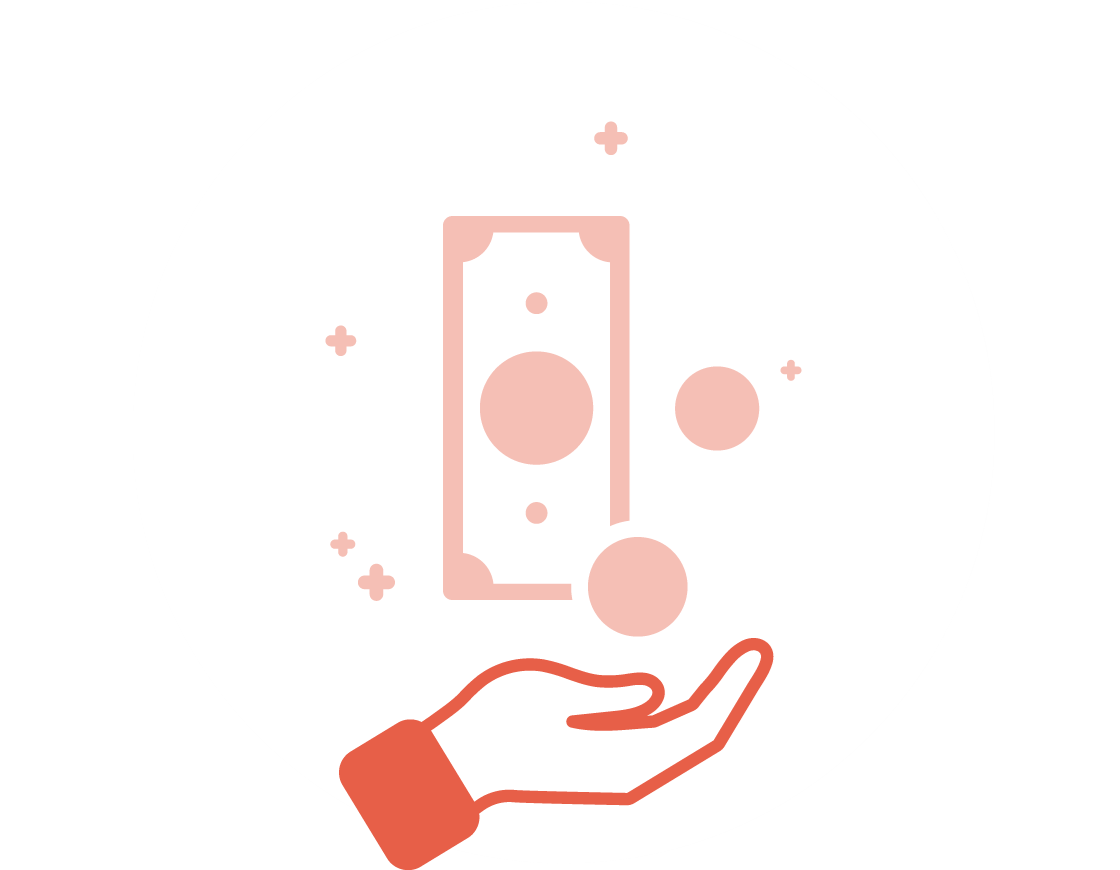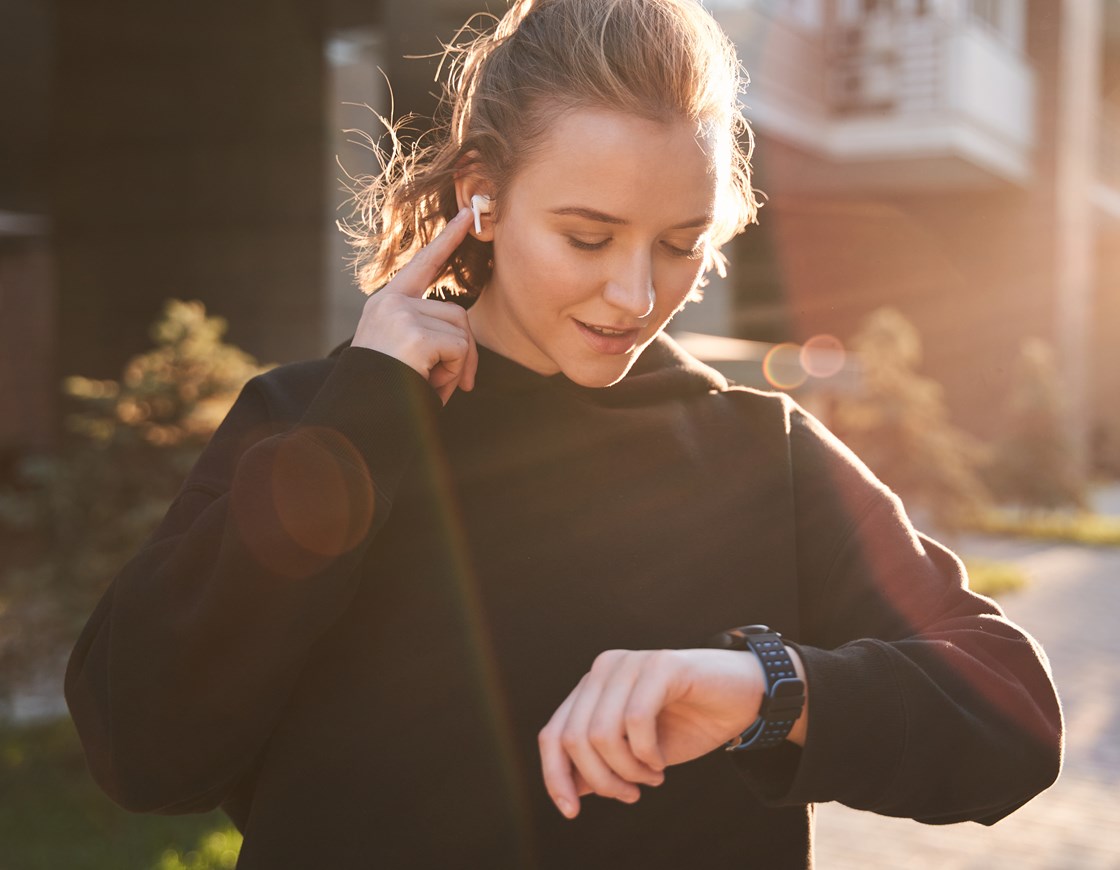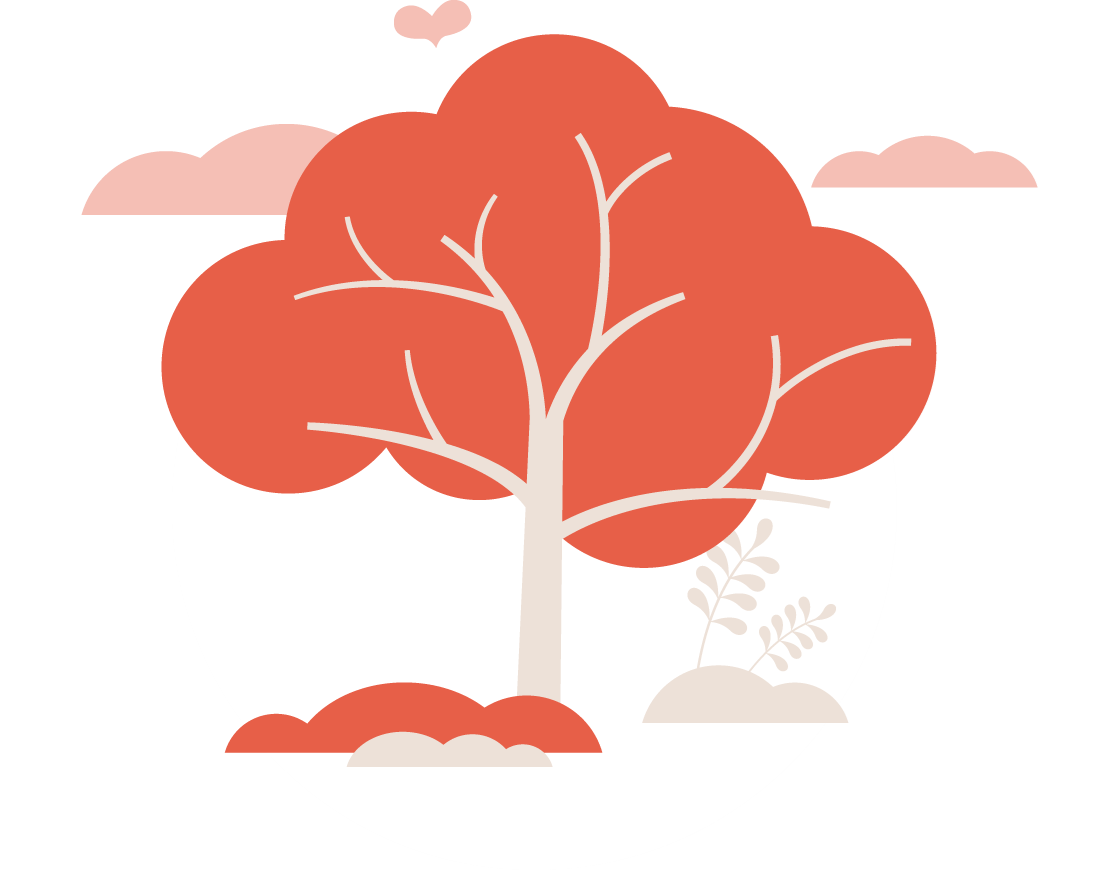Reasons why you should donate your eggs
Choosing to donate eggs is a big and life-affirming decision. Typically, women become egg donors for one or more of the following reasons.

Helping others
Donating eggs is a very generous act. Infertility is a problem in many countries, and in the UK, one in ten children are conceived through IVF (In Vitro Fertilisation) or other forms of fertility treatment.
By donating eggs, you give infertile women and couples a chance to have a family. In fact, many of our donors choose to donate because they have children themselves and want to help others experience that joy.
Compensation
Egg donation is first and foremost an altruistic act, but we recognise that the time and effort you invest in donating eggs is precious. That's why we compensate you with £750 per donation. The compensation amount is defined by the HFEA, UK's fertility regulator.
You will be compensated continuously throughout the process, not just at the very end:
- Initial interview: £30
- Initial Physical Examination: £30
- Fertility assessment and blood sample: £30
- Completion of donor profile online: £30
- Start of stimulation: £30
- Egg collection: £300
- Final blood sample: £300
Unfortunately, not all potential egg donors will make it through the full qualification process, but you will receive compensation as listed above, for the stages of the application that have been completed.


Free health checks
As part of the donor approval process, we measure your AMH levels and do an ovarian reserve scan to assess your fertility. You also get a physical examination by a specially trained GP, and we screen you for the most common hereditary diseases such as cystic fibrosis and spinal muscular atrophy (SMA).
Once you have been approved to donate, you will continue to get regular STI tests and an annual health check.
Additionally, as part of our commitment to your well-being, we offer the opportunity to have your own fertility assessed under our free healthcare services. This allows you to gain insights into your own reproductive health, while you're generously contributing to the hopes and dreams of others.
Passing on your genes
An increasing number of women choose not to have children of their own. When donating their eggs, some donors cherish the fact that their genes will live on – even if they do not have children themselves.


Supporting family diversity
Donating eggs supports the sentiment that love makes a family, not genetics. Many egg donors are drawn to this notion and feel that their act of donating contributes to creating a more open-minded society.
Donate your eggs
Help aspiring parents have a family. You will be compensated with £750 per donation as per HFEA regulations.